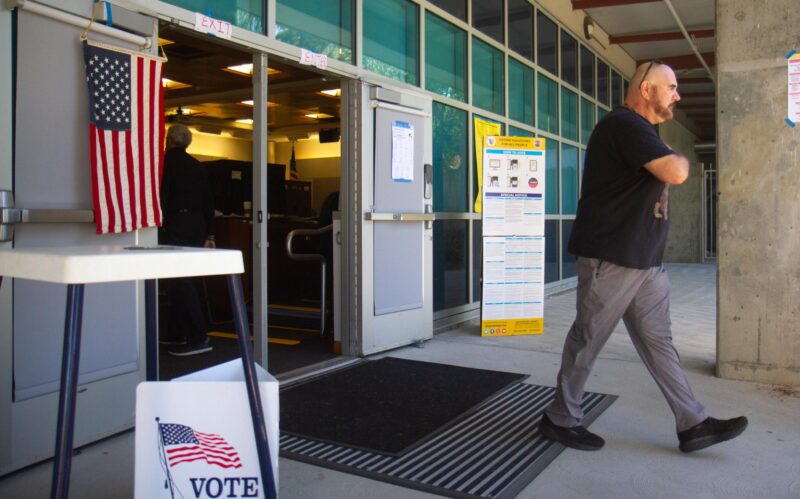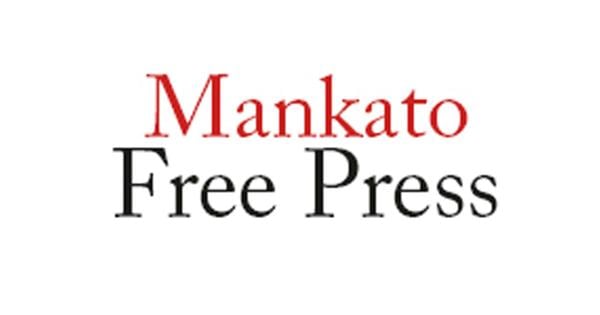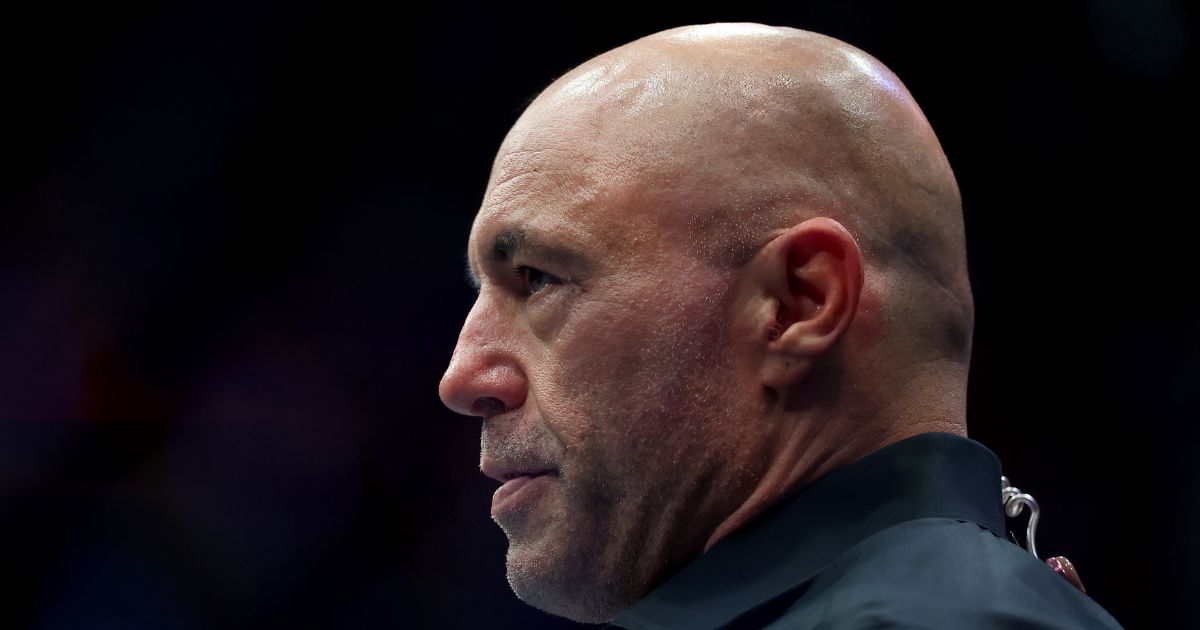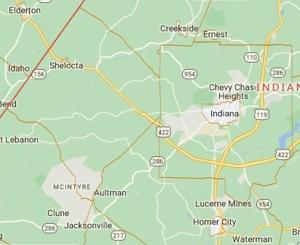Residents in the Santa Clarita Valley participated actively in the special election on November 4, 2025, casting votes on Proposition 50, which is the only measure on the statewide ballot. Voter turnout varied significantly across different voting centers, showcasing a mix of engagement and enthusiasm among the electorate.
Proposition 50 seeks to authorize temporary changes to California’s congressional district maps in response to recent redistricting efforts observed in Texas. According to the California Voter Guide, this measure is positioned as a strategic adjustment aimed at ensuring fair representation.
At the voting center located in the Halsey Hall boardroom at College of the Canyons, foot traffic was relatively low during the morning hours. In contrast, the voting center at Grace Baptist Church experienced a steady stream of voters, with lines extending outside the building as individuals eagerly submitted their ballots.
Matt Morgenstern, a member of the Republican Party, expressed his opposition to Proposition 50, labeling it as an “anti-Trump ballot.” He articulated concerns about the potential for the measure to skew electoral fairness, stating, “I feel that this is just another part of the left’s agenda to get back at the right side and find a way to possibly rig an election in the future, which I disagree with.” Although Morgenstern typically votes by mail, he opted to visit the center in person this election, describing the experience as enlightening and emphasizing the importance of participation.
Similarly, Amber Griffith, another Republican voter, underscored the significance of voting as a means of contributing to broader conversations about political issues. “If you’re not adding your right to vote, then you don’t really have the right to speak on issues,” she asserted. Griffith, who also voted against Proposition 50, articulated her belief that the measure could hinder Republican representation.
On the other side of the political spectrum, Emily Miramontes, a registered Democrat, visited the Grace Baptist voting center with her family. She supported Proposition 50, arguing that redistricting would improve the current political landscape in the United States. Miramontes emphasized the importance of informed voting, particularly for the sake of future generations, stating, “I want their future to be better.”
Mirroring the sentiments of others, Miramontes noted the value of understanding different perspectives in the voting process. “For me, I think it’s important because we see different perspectives and why some people are voting no, why some people are voting yes,” she said. This openness to dialogue reflects a broader desire for community engagement around political issues.
Another voter, Brian Crawford, highlighted the importance of privacy in the voting process. Having shifted his political affiliation to the Republican Party after the last election, he relayed the significance of maintaining the confidentiality of his choices. “I value the privacy of voting, and that’s a civic virtue that was instilled in me by a high school teacher,” Crawford remarked.
Crawford also pointed out the need for diverse age representation at the polls. He noted that understanding voting demographics can significantly impact future electoral outcomes, stating, “Getting all ages out is important for the vote, and it’s something that can really fly under the radar when we wrestle with the decisions that are made about how our country is run.”
As the special election unfolded, it became evident that residents of the Santa Clarita Valley were not only participating in a civic duty but engaging in meaningful dialogue about the implications of their votes. The varied responses to Proposition 50 reflect a community grappling with the complexities of representation and the electoral process, underscoring the importance of active participation in shaping the future political landscape.







